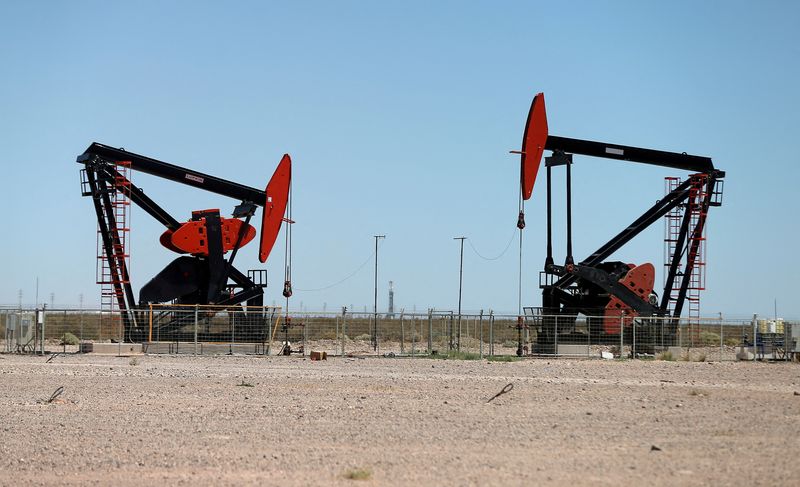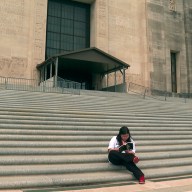BUENOS AIRES (Reuters) – Argentina’s government ordered oil companies and unions to the negotiation table on Monday, temporarily imposing a ceasefire in a worker strike over demands for higher wages that had hit activity in the huge Vaca Muerta shale fields.
The Private Oil and Gas Union, Argentina largest oil union, went on strike earlier on Monday to demand a hike to wages that have fallen behind spiraling inflation. The union represents 24,000 workers in the provinces of Río Negro, Neuquén and La Pampa.
The labor ministry later issued an order for a 15-day conciliation period, calling on both parties to negotiate a way forward. It called the two sides to a meeting on Thursday.
A union source told Reuters that the workers would abide by the government order but that for logistical reasons they would only return to normal work later Monday evening.
The strike had hit activity at oil firms operating in the Vaca Muerta shale formation, the world’s fourth-largest unconventional oil reserve and the second-largest reserve of shale gas in Argentina’s Patagonian region.
“Inflation always eats up our salaries,” Marcelo Rucci, general secretary of the union, said during an assembly with workers. “Now we are going to ask for what we want.”
“This can’t be fixed if we don’t show them strength. We’re going to strike from now on.”
Oil companies had asked the labor ministry to step in and call for a mandatory conciliation to prevent the conflict from spreading, a source from an oil company who asked not to be identified told Reuters.
“We are trying to keep the plants running, but the drilling is stopped,” another industry source said.
Unions in Argentina have long sought to rebuild the purchasing power of workers, which has been hammered by long-running high inflation, currently at above 50% on an annual basis.
(Reporting by Eliana Raszewski; Editing by Adam Jourdan, Paul Simao and Richard Chang)



















